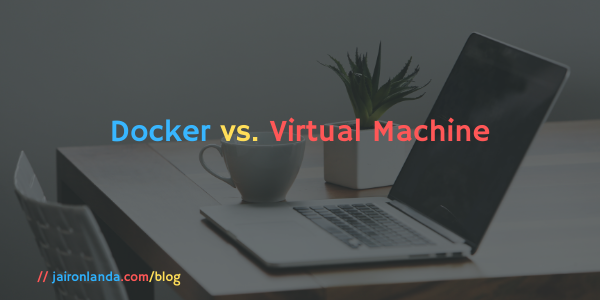by Jairon Landa

Containers are lightweight, fast, and are ideal for applications that are not memory or CPU intensive.
Docker containers can be used to save time and money for the companies, by making the application development process fast and efficient. Containers work on top of your existing operating system (OS) and require no additional modifications to the OS.
This ensures that you don't need to replicate all your software on each server for different applications.
Docker is an open-source project that provides a containerization platform to pack, ship and run any application as a lightweight container. It is available for use on Windows, Linux, and Mac OS X at no cost.
A container is an artifact that contains everything that is needed for running a piece of software, including the code, runtime, system tools, system libraries and settings. Containers exist for all major systems and they are known to offer greater flexibility when it comes to deploying applications. This technology has become so popular in recent years that they are beginning to be seen in many large organizations who are in need of this automation tool.
Docker containers are a very powerful tool for deploying software in different environments. They can be used to deploy the exact same application across all environments - dev, test, or production.
Not all package managers are created equally. Docker provides a number of benefits to developers and system administrators, including:
- Ability to package applications inside software containers
- Easy deployment of web apps and databases
- Easier local development
- Increased security with the use of “read only” mode
- Built in backup and restore capabilities
- Automatic updates
There is a lot of debate as to which type of container or virtual machine would be the best fit for your needs, but ultimately containers are seen as a more lightweight and portable alternative than traditional virtual machines.
Virtual machines use the hardware resources to its full capabilities, while containers share the resources with other processes and applications running on the same kernel. Virtual Machines typically take up more storage space than containers because they store an entire operating system and all its files, which can be several GB in size.
Containers have been seen as a lightweight and more portable way to run software on a virtual machine. They can be stopped and started with just a few commands which makes them ideal for quick testing of one-time projects that won’t need to be used again. It is the more lightweight and portable type of virtualization, compared to Virtual Machines.
Backend and Frontend developer, a.k.a full-stack developer.
Kg Bundung, Tuaran